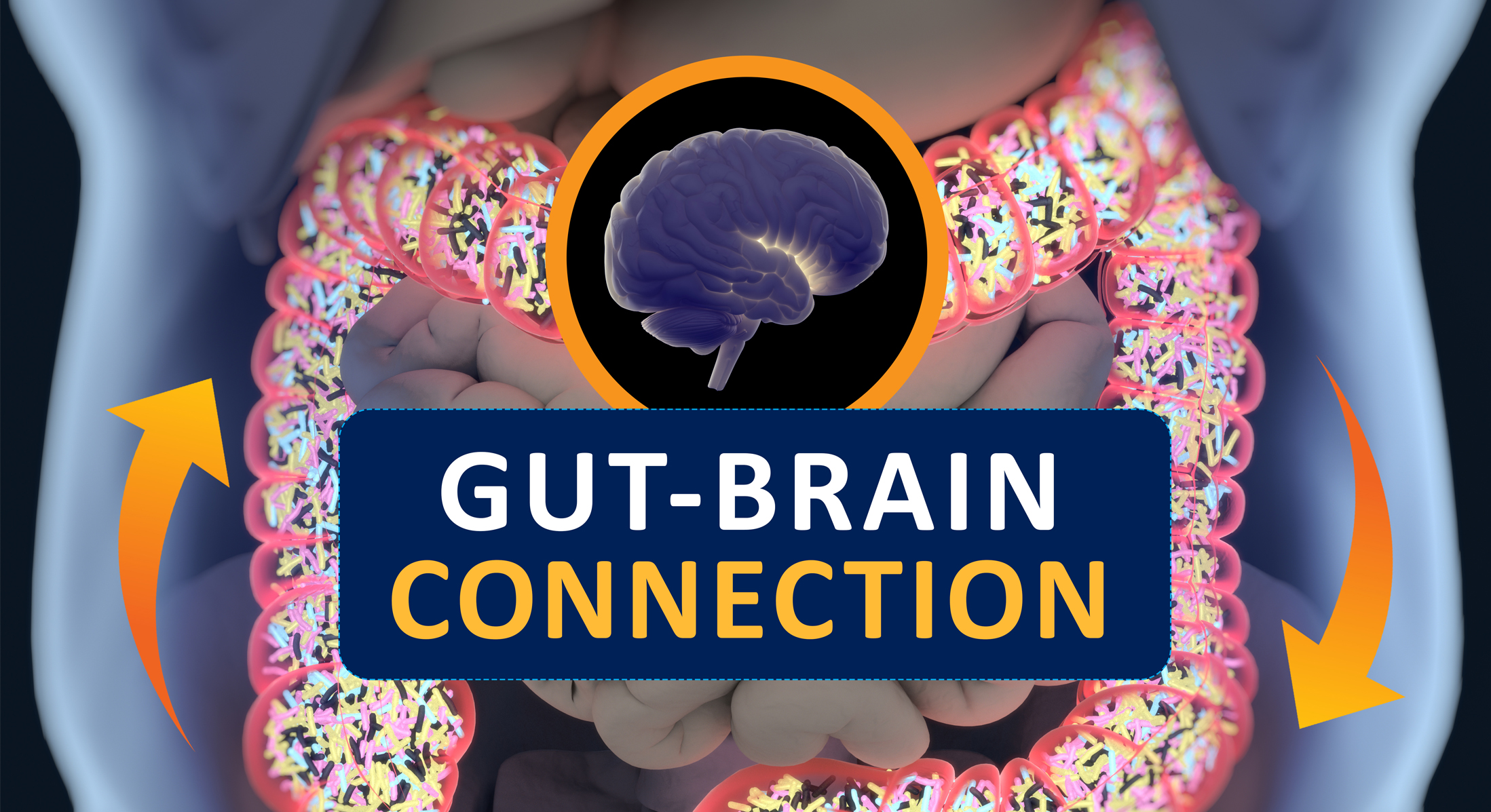Mice experiments and small studies of people with depression have suggested the involvement of the gut microbiome in both behavior and depression, respectively. However, human research addressing how gut microorganisms might contribute to depression—in large samples and considering confounding factors that can affect the microbiota—is lacking.
A new study of two large groups of Europeans, led by Dr. Sara Vieira-Silva and Dr. Jeroen Raes from the Catholic University of Leuven (Belgium), has found new links between gut microbes and depression.
The researchers used 16S ribosomal ribonucleic acid (rRNA) gene sequencing to analyze the fecal microbiota of 1,054 Belgians enrolled in the Flemish Gut Flora Project, aimed at studying gut microbiome variation at population level. Furthermore, microbial taxa were correlated with the participants’ quality of life and incidence of depression, using a self-reported quality of life questionnaire and general practitioner-supplied diagnoses of the latter. The researchers also validated the associations in an independent cohort of 1,063 individuals from the Netherlands’ LifeLines DEEP (LLD) project.
Ten genus abundances were correlated with quality of life scores, including both mental and physical scores. Among these bacterial genera, Faecalibacterium, Coprococcus, Dialister, Butyrivibrio, Gemmiger, Fusicatenibacter and Prevotella were consistently associated with higher quality of life scores, whereas Parabacteroides, Streptococcus and Flavonifractor showed negative associations. After controlling for a wealth of confounding factors, the authors validated some of these associations in the LLD cohort.
The researchers found that Dialister and Coprococcus genera were reduced in people with depression, after taking into account antidepressant drugs as confounders. Furthermore, the authors described an association between enterotype distribution in relation to quality of life scores and diagnosis of depression in the Flemish cohort. For instance, a higher prevalence of Bacteroides enterotype 2 was linked to lower quality of life and depression.
Finally, the authors dug through metagenomic data to create a catalogue describing the gut microbiota’s ability to synthetize or degrade molecules that can cross-talk with the human nervous system. With this aim, Raes and colleagues assessed the distribution of 56 compounds that play an important role in proper nervous system function, which gut microbes either synthesize or metabolize, in human gut-associated microbial genomes (n=532).
Certain neuroactive compounds might explain the beneficial relationship between gut microbes and quality of life. The researchers found, for example, that GABA and tryptophan metabolism pathways were expressed in human gut-associated microorganisms.
Furthermore, some positive correlations were also observed between quality of life and the potential ability of the gut microbiome to produce 3,4-dihydroxyphenyalcetic acid -a breakdown product of the neurotransmitter dopamine-, isovaleric acid and histamine. Of these, the association between 3,4-dihydroxyphenylacetic acid and quality of life was also replicated in the LLD cohort. As neurotransmitters and neuroactive compounds can also have an impact on bacterial growth, further research is needed to disentangle the contribution of microbe-derived neuroactive molecules to a person’s behavior.
This is the first approach to build a database for studying the gut microbiome’s neuroactive potential and it will help future research to interpret microbiome-gut-mental axis research in a clearer way, supporting the translation of such complex research from the bench to the clinic.
Although these new findings do not prove cause and effect due to the observational design of the study, this research contributes to mounting evidence about mechanisms by which the “microbiome-gut-brain axis” is involved in the development of depression. Further options to experimentally prove the association between the gut microbiota and depression might include rodent models and large studies with enough follow-up periods that explore the role of probiotics, prebiotics, a healthy diet and fecal microbiota transplantation for recovering microbiota, considering the confounding effects of microbiome covariates.
On the whole, this new study strengthens the link between gut bacteria and depression. This is a first step towards understanding how the gut microbiome and its metabolites might affect mood in humans.
Reference:
Valles-Colomer M, Falony G, Darzi Y, et al. The neuroactive potential of the human gut microbiota in quality of life and depression. Nat Microbiol. 2019. doi: 10.1038/s41564-018-0337-x.


